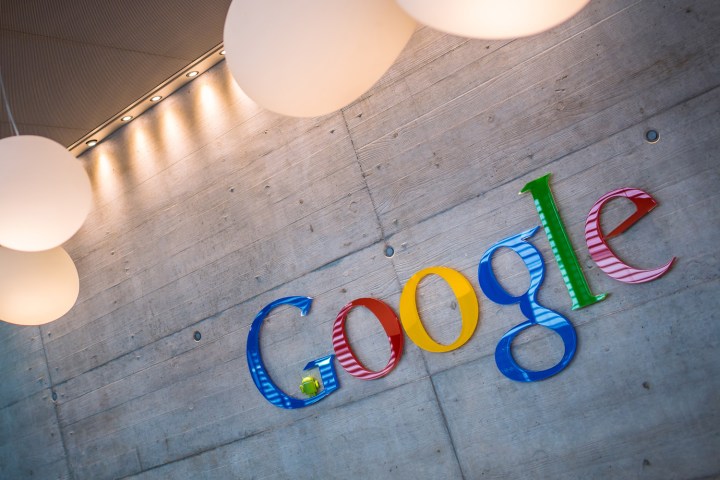
Right now, Google’s Ads Personalization shows you tailored ads in Google services like YouTube, Chrome, Search, as well as partnered websites and apps — most of these are used via internet cookies. The new change would also “let Google use data in your account to improve the relevance of ads on websites and apps that partner with Google.” The websites and apps you use store data in your Google account based on the services you’re on. The feature allows Google to use that data, already in your Google account, to serve you up more relevant ads among the more than two million websites and apps in the Google Display Network.

If you’re a Google user, you’ll likely be getting a prompt telling you about this new feature and asking whether you want to agree to it or not.
Google is also introducing a “My Activity” tool that you can access in your Account settings. Similar to viewing your web history on Chrome or looking at your location history via Maps, My Activity is your one-stop shop to view all your searches, websites you have visited, the videos you have watched, and more. You’ll be able to see more activity from sites and apps that partner with Google.

For example, it may show how many times you have accessed the messaging app Slack, and if you expand on it, you can see the specific times and which device accessed it. As the change rolls out, you’ll gradually be able to control how this information is collected and more.
A Google representative tells Digital Trends that the feature is a continuation of a series of launches that began when My Account launched last June.
If you’re a privacy-conscious person, well you probably shouldn’t be using Google’s services. And if you have ad blockers on your browser or running on your smartphone, this new feature will hardly impact you. But if this is the first step in giving users more control in how they view ads, then it is certainly welcome, especially since the feature is opt-in.
Editors' Recommendations
- A new Google Pixel Tablet is coming, but it’s not what you think
- Google just released the first Android 15 beta. Here’s what’s new
- Google Pixel 9: news, rumored price, release date, and more
- Google just announced 8 big Android updates. Here’s what’s new
- Google just announced Android 15. Here’s everything that’s new
